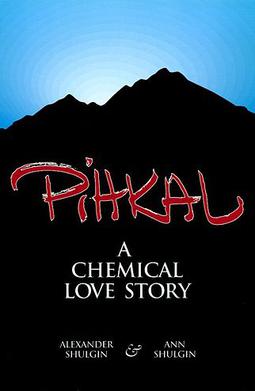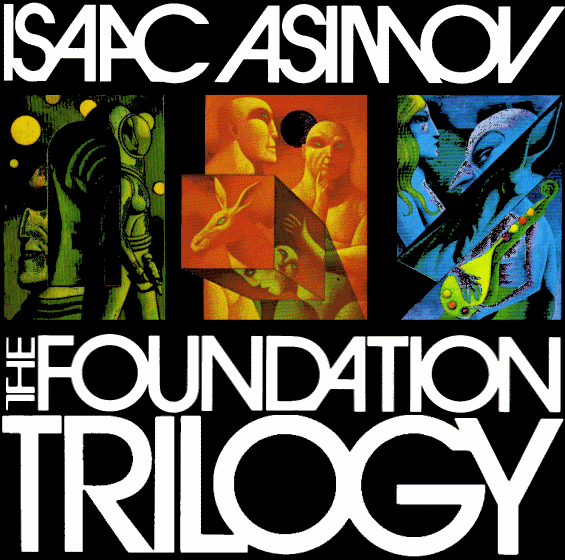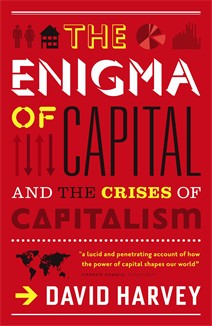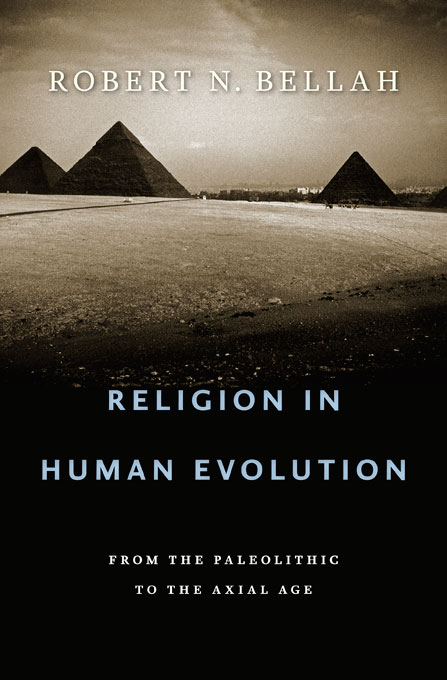Re: What are you reading?
Posted: Thu Feb 27, 2014 5:49 pm
Agent 47 wrote:i need to start reading lol

worldwide dubstep community
https://www.dubstepforum.com/forum/
Agent 47 wrote:i need to start reading lol






We'll come in low out of the rising sun and about a mile out, we'll put on the music. — General Kilgore, Apocalypse Now
With a nod to war, technology, cinema, music, and entertainment, Steve Goodman begins his transdisciplinary examination of vibration in the military-entertainment complex with this provocative quote. Entitled Sonic Warfare, the book offers a deeply theoretical examination of the affective dimension of sound; it is particularly concerned with "environments, or ecologies, in which sound contributes to an immersive atmosphere or ambience of fear and dread" (xiv). Eschewing a broad historical survey of sonic weaponry, Goodman instead supports his thesis from the fields of acoustics, aesthetics, fiction, philosophy, psychoacoustics, popular culture, science, and science fiction, to name but a few. Traversing such a large, and at times daunting, swath of human expression, Sonic Warfare is best understood as a work of speculative philosophy built upon an ontology of vibrational force.
Goodman, a Lecturer in Music Culture at the School of Sciences, Media, and Cultural Studies at the University of East London, is a philosopher (he received his PhD in Philosophy from Warwick University in 1999) and a prominent figure in UK's underground electronic dance music scene as DJ, producer, and label owner kode9. It is not surprising, then, that Goodman's first manuscript is a deeply philosophic examination of how sound systems are used to modulate affect, mood, and bodily behaviors. While those familiar with Goodman's work as kode9 will expect Sonic Warfare to focus on electronic dance music—in particular the dubstep genre—this is not the case. Instead, the liminal areas of sonic perception (the infra-sonic and the ultrasonic) and the associated politics thereof are its primary concern; that is, Sonic Warfare is a sustained theoretical examination of the relationship between vibration and power. Central to this thesis is what Goodman calls a politics of frequency.
Spanning thirty-four chapters in a mere 240 pages, Sonic Warfare presents its argument as a "(dis)continuum" of thematic chapters each marked by a "singularity of a vibrational, conceptual, musical, military, social, or technological event" (xvii). As such the chapters "oscillate between dense theorization…and descriptive, exemplary episodes drawn from fact and fiction" (ibid.). The unorthodox structure of Sonic Warfare, while not conducive to review, underscores the speculative methodology of its thesis. The thematic oscillation between chapters, in effect, mirrors the argument's underlying position: an ontology of vibrational force.
The work spans a broad spectrum of sound system strategies ranging from overtly physical uses, such as military sound bombs or the global clubbing industry, to the less physical yet equally intrusive use, such as Muzak. Thematically, the 34-chapter book fits into three groupings: (1) philosophy and theory, (2) fictional exemplary episodes, and (3) factual exemplary episodes, where group (1) often appears within groups (2) and (3). Each chapter focuses on a particular event—sometimes in the historical past, sometimes in a fictional future—that fall within these thematic groupings to push the overall argument forward. For example chapter 15, "13.7 Billion B.C.: The Ontology of Vibrational Force," draws inspiration for this foundational theory from the scientific observation of the cosmic background radiation from the Big Bang.
Goodman brings a large number of individuals to bear on his argument—Jacques Attali, Paul Virilio, Friedrich Kittler, Gaston Bachelard, and Henri Bergson, to name a few—but the core of his philosophic thesis reveals itself in the ideas of Spinoza, Deleuze and Guattari, and Alfred North Whitehead, as well as that of "conceptual engineer" Kodwo Eshun. Through these authors' work, Goodman argues for an ontology of vibrational force that "delves below a philosophy of sound and the physics of acoustics toward the basic processes of entities affecting other entities" (82). Within this ontology, sound is only a particular vibratory mode of perception. Upon this ontological foundation, Goodman posits a politics of frequency through which "the production, transmission, and mutation of affective tonality" can be thought.
Noting a general "amnesia of vibration" in the literature regarding relations of sound and music to power (physical and political,) Goodman posits a politics of frequency in which the relation of of vibration—both the acoustic sense and the affective sense of the word—to power is of central concern. Such a position, it is argued, goes beyond the usual oppositional dualism of "the jouissance of sonic physicality and the semiotic significance of [music's] symbolic composition or content" (83). While this may seem abstract, Goodman's speculative methodology is always grounded in actual events. By continually drawing the reader's attention to real-world applications of sound as modulating affect—such as Jamaican sound system culture or the military's psychological sonic warfare device, "The Curdler," to give but two examples—Goodman grounds his speculative methodology in practice. Indeed, the more obvious examples provided, such as the Long Range Acoustic Device (LRAD) used for crowd control, demonstrate a clear relation between vibration and physical discomfort. While the more subtle examples, such as the corporate deployment of sonic branding or the idea of "earworms," present the opposite side of the vibrational (dis)continuum: the internal, psychological dimension of vibration.
The influence of Afrofuturism, particularly that of Kodwo Eshun, will not surprise those familiar with Eshun's work or that of the Cybernetic Culture Research Unit (CCRU) of which both Goodman and Eshun were members. The nod to Afrofuturism is the clearest link between Goodman's philosophic work and his work (under the name kode9) in UK's underground electronic dance music community. And it is here (Chapters 29-32) that Afro-diasporic music, particularly that of the Black Atlantic, is woven into the book’s theoretical core. For ethnomusicologists of Afro-diasporic music, these are particularly rewarding chapters; they provide a refreshing theoretical twist to the study of topics such as Jamaican sound system culture (particularly dub), pirate radio, and the emergence of "global ghettotech."
This book is also worthy of attention for those interested in the study of music and politics. Though it maintains a thoroughly theoretical approach (which Goodman wholly acknowledges), it nonetheless provides significant groundwork for real-world, ethnographic studies of music and politics. For those unfamiliar with the philosophical thought of Deleuze, Guattari, and Whitehead, or the Afrofuturism of Kodwo Eshun, the theoretical passages will be difficult. To be clear, Goodman makes no attempt to explicate the philosophic thought of those he cites, rather he folds or molds their concepts into his own and deftly moves forward. What is perhaps lost in argumentative clarity is gained in the sheer breadth of ideas presented. It is this impressive feat, I believe, that makes Goodman's philosophic contribution to the study of the sonic invaluable.


Yeah, you lot need to lighten up.Riddles wrote:Man, all your book choices seem so serious,

lol some of this is such a mindfuckm8son wrote:started this today, seems interesting so far
“The self is a relation which relates itself to its own self, or it is that in the relation that the relation relates itself to its own self; the self is not the relation but that the relation relates itself to its own self.